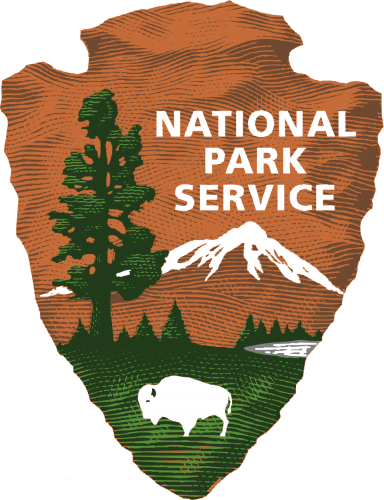WASHINGTON (BRAIN) — A National Park Service memorandum Wednesday recommended parks that allow e-bikes the same access as traditional bikes to review that decision, citing ongoing litigation contesting the legality of a 2020 policy change.
The memorandum from NPS Deputy Director Shawn Benge was issued to "remind superintendents that they have the discretion to allow e-bikes or not, and direct superintendents of park units that allowed e-bikes on trails or administrative roads under the rescinded e-bike policy to reconsider that decision. ...."
It goes on to say that the NPS is working with the Department of Transportation Volpe Center to review e-bike use and "potential resource and visitor impacts. Superintendents should apply relevant information to the specific conditions at their park to inform their decision regarding e-bike use on trails and administrative roads. ...."
The NPS said a review and summary will be released within 30 days.
"This is a wobbly move by the Park Service," said Public Employees for Environmental Responsibility Senior Counsel Peter Jenkins in a statement. "It shows they recognize they have a bad legal mess on their hands created under (former Interior Secretary) David Bernhardt, but it is insufficient to fix the mess."
PEER filed a lawsuit against the NPS over the policy change. The suit claims the NPS regularly met in private with a bicycle industry-dominated advisory committee at Interior headquarters and through conference calls. The suit says the meetings violate the Federal Advisory Committee Act, which requires transparency to prevent secret lobbying.
Jenkins told BRAIN on Friday the suit is amid a final summary judgment briefing and that the case could be heard sometime in the fall.
PEER says it has identified 28 parks that allow e-bikes on backcountry trails since the policy change, including Acadia, Everglades, Glacier, and Rocky Mountain national parks. PEER officials say some of their concerns over increased e-bike use range from increased speeds endangering visitors and wildlife and spooking horses on mixed-use trails.
Late last year, the Department of Interior officially approved the policy proposal for land managers to regulate e-bikes the same as traditional bikes on non-motorized lands. That decision came after a 60-day comment period for the NPS, Bureau of Land Management, U.S. Fish and Wildlife Service, and the Bureau of Reclamation users to offer opinions.




